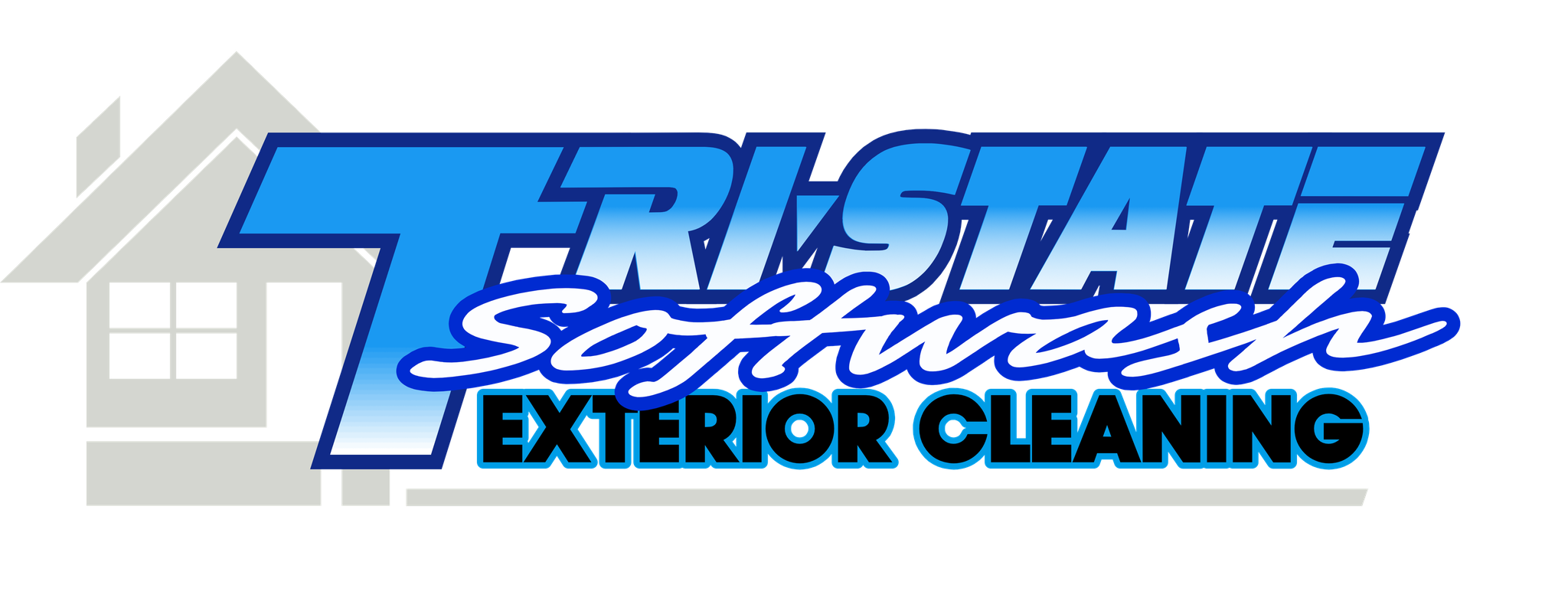While pressure washing can be a DIY task, it is often recommended to hire professional services to ensure optimal results and prevent any damage. Professional pressure washing companies have the knowledge, experience, and equipment to handle different surfaces and adjust the pressure levels accordingly, avoiding any potential harm.
Pressure washing is a popular cleaning method used for a variety of surfaces, ranging from outdoor walls and driveways to vehicles and equipment. While it offers efficient cleaning, it is important to recognize the potential environmental concerns associated with this process. This article aims to highlight these concerns, explore eco-friendly cleaning solutions and practices, discuss water conservation techniques, and shed light on responsible cleaning practices to minimize the environmental impact of pressure washing.
1. Environmental Concerns:
Pressure washing can have several negative environmental impacts, including:
a. Chemical Runoff: Many cleaning agents used in pressure washing contain chemicals that can harm aquatic life and contaminate water bodies if they enter storm drains or nearby water sources.
b. Water Consumption: Pressure washing consumes large amounts of water, leading to wastage, especially when used improperly or excessively.
c. Soil Erosion: High-pressure water streams can erode soil, leading to the loss of valuable topsoil and affecting the stability of surrounding ecosystems.
2. Eco-Friendly Cleaning Solutions and Practices:
To minimize the environmental impact of pressure washing, consider adopting the following eco-friendly solutions and practices:
a. Use Biodegradable Detergents: Opt for eco-friendly and biodegradable detergents instead of harsh chemicals. These detergents are less harmful to the environment and can still effectively clean surfaces.
b. Avoid Harmful Chemicals: Be mindful of the cleaning agents you choose. Avoid using chlorine bleach, phosphates, and other harmful chemicals that can contribute to water pollution.
c. Choose Low-Pressure Washing: In many cases, low-pressure washing can be just as effective as high-pressure washing. Adjust the pressure settings on your equipment to the lowest effective level, minimizing the impact on surfaces and reducing water consumption.
3. Water Conservation Techniques:
Water conservation is crucial when pressure washing. Here are some techniques to minimize water usage:
a. Use Flow Control Nozzles: Install flow control nozzles on your pressure washer to regulate water flow and reduce water consumption without compromising cleaning effectiveness.
b. Capture and Reuse Water: Consider using water capture systems or collecting runoff for reuse in non-sensitive areas or for non-potable purposes such as landscape irrigation.
4. Wastewater Disposal Regulations:
Proper wastewater disposal is essential to prevent pollution. Familiarize yourself with local regulations regarding the disposal of pressure washing wastewater. In many cases, it is necessary to collect and dispose of wastewater appropriately to prevent contamination of water sources.
5. Responsible Cleaning Practices:
To minimize the environmental impact of pressure washing, follow these responsible cleaning practices:
a. Targeted Cleaning: Focus on the areas that require cleaning rather than washing entire surfaces. This reduces water consumption and the amount of wastewater generated.
b. Protect Storm Drains: Place barriers or cover storm drains before pressure washing to prevent chemical runoff and debris from entering the drainage system.
c. Regular Equipment Maintenance: Maintain your pressure washing equipment regularly to ensure optimal performance, reducing the need for excessive cleaning and water usage.
FAQs About Pressure Washing: Your Ultimate Guide to Sparkling Clean Surfaces
1. What is pressure washing?
Pressure washing, also known as power washing, is a cleaning method that utilizes high-pressure water spray to remove dirt, grime, mold, mildew, and other contaminants from surfaces. It is commonly used for cleaning exterior surfaces like concrete, wood, vinyl, and brick.
2. Is pressure washing safe for all surfaces?
Pressure washing can be safe for most surfaces when done correctly. However, certain delicate surfaces like painted surfaces, softwood decks, and fragile materials require special care. It’s essential to hire professionals who have experience and knowledge to adjust the pressure and technique according to the surface type.
3. Can pressure washing damage my property?
When performed by professionals using the appropriate techniques and equipment, pressure washing should not damage your property. However, using excessive pressure or improper technique can cause surface damage. Hiring a reputable pressure washing company can minimize the risk of property damage.
4. How often should I pressure wash my home?
The frequency of pressure washing depends on various factors such as the climate, the amount of dirt and grime, and the type of surface. As a general guideline, it is recommended to pressure wash your home’s exterior once a year. However, high-traffic areas or surfaces exposed to excessive dirt might require more frequent cleaning.
5. Can pressure washing remove mold and mildew?
Yes, pressure washing is an effective method for removing mold and mildew from surfaces. However, it’s important to use the right cleaning solutions and techniques to ensure complete eradication. Hiring professionals who understand the proper methods for mold and mildew removal is crucial to achieve optimal results.
6. Can pressure washing help with stain removal?
Pressure washing can effectively remove many types of stains, including oil, grease, algae, and rust stains. Professional pressure washers use specialized detergents and techniques to target and eliminate tough stains, restoring the appearance of your surfaces.
Conclusion:
When it comes to pressure washing, it’s crucial to prioritize safety, efficiency, and quality results. Hiring a professional pressure washing company like Tri-State Softwash in Martinsburg, WV can ensure that your surfaces are cleaned effectively and without damage. Our team of experienced technicians utilizes state-of-the-art equipment and follows industry best practices to provide exceptional pressure washing services.
Whether you need your home’s exterior, driveway, patio, or commercial property cleaned, Tri-State Softwash offers professional pressure washing services tailored to your specific needs.
For more information about Tri-State Softwash or to get a free quote for Concrete Cleaning, Pressure Washing, House Washing, Rust Removal, Gutter Cleaning, and Roof Cleaning visit our website tssoftwashllc.com or call us at (304) 671-6768. We strive to be the best pressure washing in Martinsburg, WV. You can trust Tri State Softwash to always provide satisfaction guaranteed pressure washing in Martinsburg, WV.

